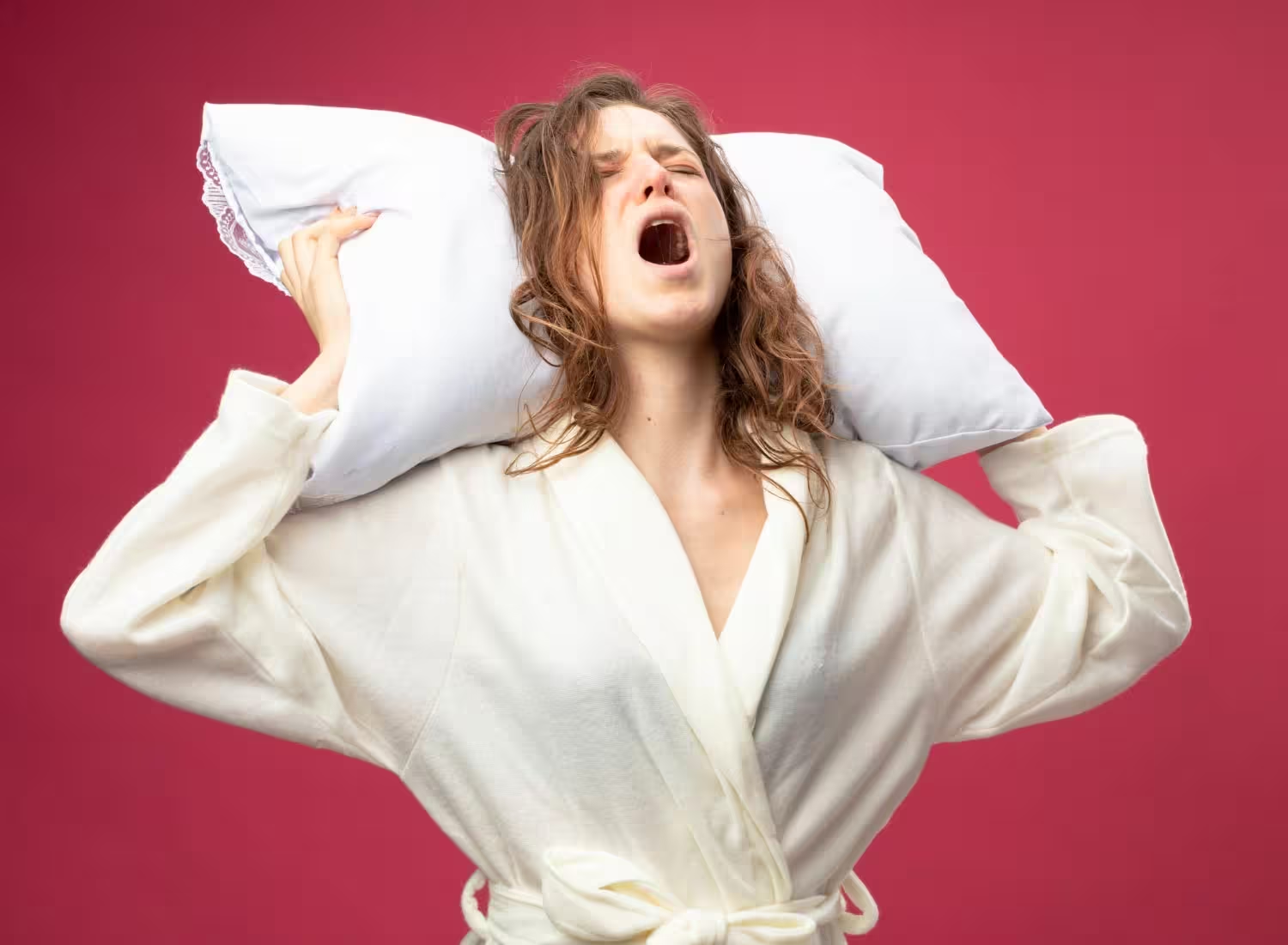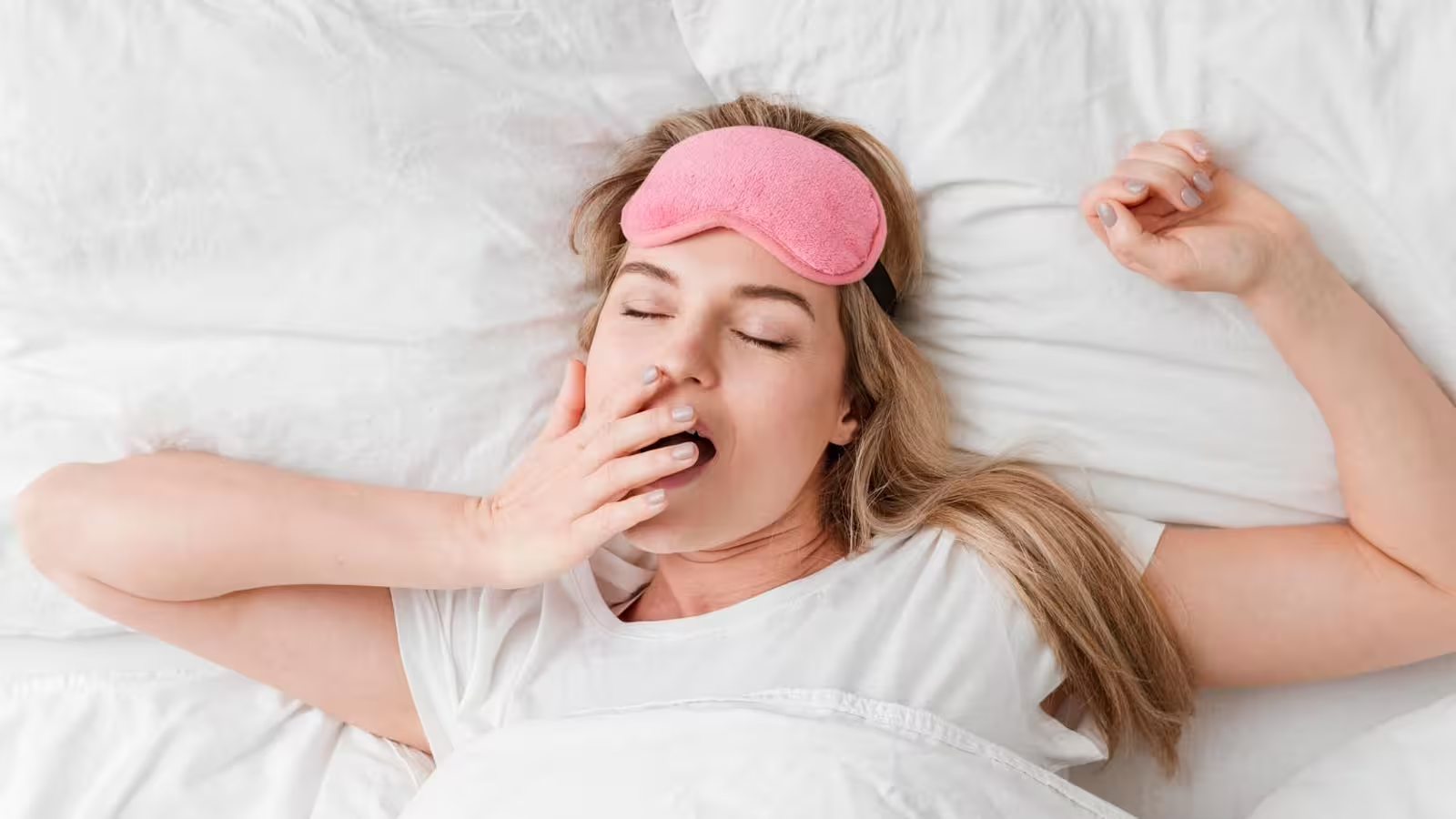5 Minutes
The Science Behind Gender Differences in Sleep Needs
For years, social media platforms and wellness influencers have shared claims that women require significantly more sleep than men—sometimes suggesting an extra one to two hours each night. But how accurate are these assertions when examined through the lens of rigorous scientific research? Understanding who needs more sleep (and why) is far from straightforward. It is a multifaceted issue involving biological mechanisms, psychological factors, and cultural expectations, all influenced by how sleep itself is measured.
How Sleep Is Measured: Self-Reporting vs. Objective Methods
Scientists generally assess sleep in two main ways: self-reported data and objective measurements. Self-reported sleep relies on individuals estimating their own sleep duration, but studies consistently reveal that people tend to misjudge how much rest they actually get. On the other hand, objective methods utilize advanced tools like research-grade wearable trackers (such as actigraphy devices) or polysomnography. Polysomnography is considered the gold standard for sleep research—it involves monitoring brain activity, breathing, and movement overnight in controlled settings like sleep labs.
Findings from large, high-quality studies indicate women typically out-sleep men by about 20 minutes per night. For instance, a global study analyzing data from nearly 70,000 participants with wearable trackers identified a consistent, though modest, gap between the sexes. Among people aged 40 to 44, the average difference ranged from 23 to 29 minutes. Another significant investigation, employing polysomnography, supported these results: women slept around 19 minutes longer than their male counterparts. Notably, this research also found that women spent more time in restorative deep sleep—approximately 23 percent of their total sleep time, compared to 14 percent for men. As men age, their sleep quality tends to deteriorate, a trend not observed in women.
Individual Variations and Limitations of Sleep Research
While these patterns are evident at the population level, individual sleep needs remain highly variable. Suggesting all women require a fixed "extra" amount of sleep is as unrealistic as claiming all women are shorter than all men. Personal factors—ranging from genetics to lifestyle—play a crucial role in determining optimal sleep duration.
One persistent finding is that, despite sleeping slightly longer and experiencing more deep sleep in laboratory conditions, women consistently report poorer subjective sleep quality and are about 40% more likely than men to receive an insomnia diagnosis. This apparent contradiction between lab measurements and self-reported experience is a recognized complexity in sleep science. Several issues contribute to the mismatch: many studies do not account for factors like mental health, medication usage, alcohol consumption, and hormonal changes—all of which can profoundly shape sleep outside the laboratory environment. Thus, sleep research presents only part of the story, while real life introduces far more variables.

Biological Factors Influencing Women's Sleep
The Role of Hormones Across the Lifespan
Biological differences start to affect sleep architecture around puberty and recur during pregnancy, postpartum stages, and especially during the menopausal transition (perimenopause). Hormonal fluctuations—particularly changes in estrogen and progesterone—drive many of these distinctions. Premenstrual phases, marked by declining hormone levels, are frequently associated with poorer sleep and increased night-time awakenings.
Estrogen drops sharply during perimenopause and menopause, a time often linked to more frequent sleep disturbances, including characteristic 3 a.m. awakenings and difficulty falling back asleep. Meanwhile, certain health conditions, such as thyroid dysfunction and iron deficiency, are more prevalent in women than men and commonly cause fatigue and fragmented sleep patterns.
Psychological and Societal Impacts on Sleep
Mental Health and Cognitive Patterns
Women are statistically more prone to depression, anxiety, and disorders linked to trauma. These conditions are closely correlated with disrupted sleep and chronic fatigue. Patterns of worry and rumination—more common in women—further contribute to sleep problems. Additionally, women are prescribed antidepressant medications at higher rates, and many such medications are known to affect sleep cycles.
Social Expectations and "The Mental Load"
The influence of society cannot be underestimated. Women worldwide undertake much of the caregiving, household responsibilities, and emotional labor. Recent government statistics from Australia, for example, show women spend an average of nine additional hours per week on unpaid work compared to men. As a result, while some women may find enough time for sleep at night, opportunities for rest and recovery during the day are often limited, amplifying reliance on nighttime sleep for restoration.
The "mental load"—the often invisible responsibility of managing family schedules, chores, and emotional needs—can exacerbate fatigue. Many women in their reproductive years must juggle parenting, work, and social obligations, which, combined with increased rates of conditions like iron deficiency, sets the stage for real-world tiredness even with objectively normal sleep profiles.
Gaps in Sleep Research and Implications for Future Studies
Most existing research focuses on binary gender categories and often excludes gender-diverse individuals, limiting a comprehensive understanding of how sleep is shaped by both biology and identity. Future investigations in sleep science would benefit from exploring how gender diversity, cultural context, and intersectional factors influence sleep health and needs. Advances in wearable technology and personalized medicine may further illuminate individual variations and enable more targeted recommendations.
Conclusion
In summary, scientific evidence confirms that women, on average, experience about 20 minutes more sleep per night than men and enjoy more deep sleep in laboratory settings. However, this modest difference fails to capture the wide individual diversity in sleep requirements. Everyday realities—spanning biological changes, psychological pressures, and societal expectations—often prevent women from feeling genuinely rested, despite objectively adequate sleep. Rather than focusing on a fixed increase in sleep duration, supporting women’s overall ability to recover and recharge, both day and night, is critical for optimizing health and well-being. As sleep research continues to evolve, recognizing and addressing the many factors that impact women's sleep will be vital in promoting better sleep health for all.
Source: theconversation



Comments